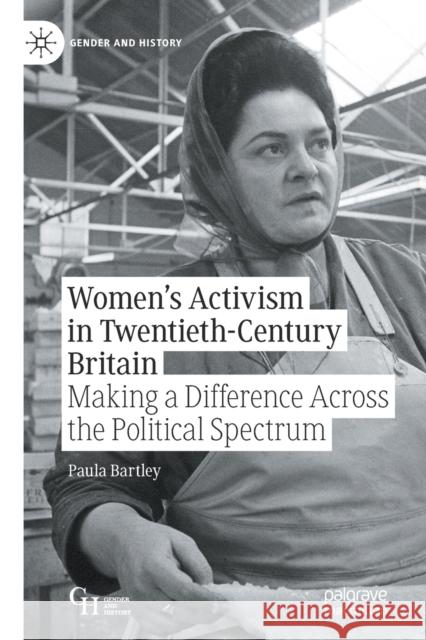Women's Activism in Twentieth-Century Britain: Making a Difference Across the Political Spectrum » książka
topmenu
Women's Activism in Twentieth-Century Britain: Making a Difference Across the Political Spectrum
ISBN-13: 9783030927202 / Angielski / Miękka / 2022 / 184 str.
Kategorie BISAC:
Wydawca:
Springer Nature Switzerland AG
Seria wydawnicza:
Język:
Angielski
ISBN-13:
9783030927202
Rok wydania:
2022
Ilość stron:
184
Wymiary:
23.5 x 15.5
Oprawa:
Miękka
Dodatkowe informacje:
Wydanie ilustrowane











